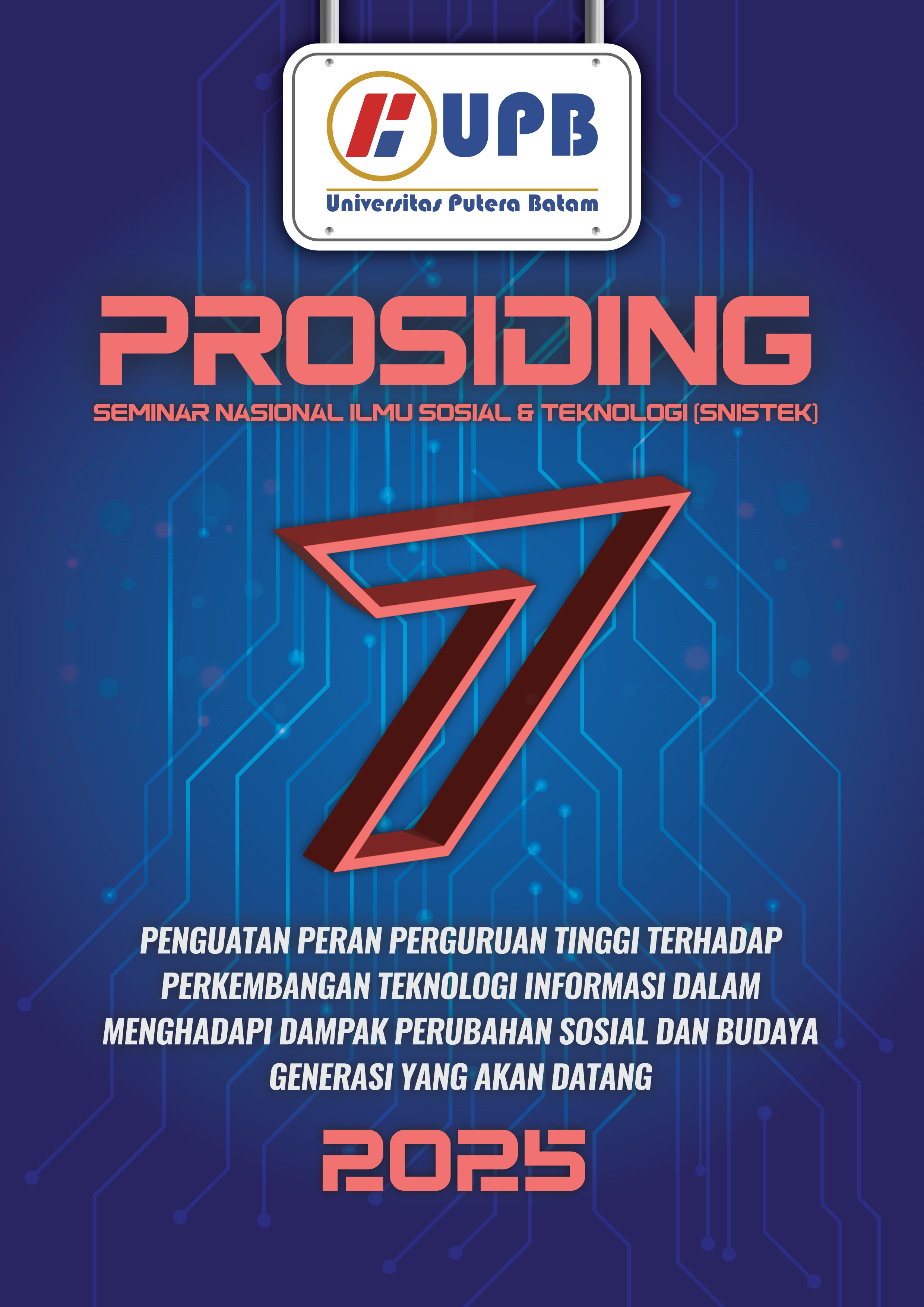Pengaruh Hybrid Working Terhadap Loyalitas Karyawan Generasi Z Di Industri Kreatif
DOI:
https://doi.org/10.33884/psnistek.v7i1.10718Keywords:
hybrid working, loyalitas, generasi Z, flexibilitas kerja, produktivitasAbstract
Since the outbreak of Covid-19, many countries have decided to adopt strict health regulations and implement working from home as part of the telecommuting scheme. In the midst of the pandemic, the working world underwent a significant transformation. Flexibility and balance between work and personal life became a top priority, especially for Generation Z employees. Generation Z has entered productive age and started joining the workforce. The digital technology environment that
accompanies their growth makes Gen Z have various advantages. However, this generation also faces new challenges. Gen Z frequently switches workplaces even within months. At the same time, hybrid working emerged as a work model considered to provide comfort. The lack of social interaction and direct collaboration in this system poses challenges because it can lead to decreased team harmony. The implementation of hybrid working requires greater attention from companies to maintain Generation Z’s loyalty. If companies are unable to adjust their work systems to the need for
flexibility and psychological support, they are likely to lose young potential talents. The world of work is now required to adapt to the expectations and characteristics of the new workforce, especially Generation Z, who are starting to dominate the labor market. Failure to adjust the work environment to their preferences can result in a high turnover rate.
References
Angelique, M., Tansy, S., Febiola, S., & Ninawati, &. (2023). Perbedaan Sistem Kerja (Wfo, Wfh, Hybrid) Terhadap Well-Being Karyawan Yang Bekerja Di Jakarta. Jurnal Serina Sosial Humaniora, 1(2), 153–159. https://doi.org/10.24912/jssh.v1i2.27819
Arvienu, G. N. B., Transformasional, K., & Kerja, K.(2024). Pengaruh Hybrid Work Dan Kepemimpinan
Transformasional Variabel Mediasi Pada Pt Semesta the Effect of Hybrid Work and Transformational Leadership on Job Satisfaction With Creative Environment As a Mediation Variable At Pt Semesta. Journal of Young Entrepreneurs, 3(3), 49–66. https://ejournal.upnvj.ac.id/index.php/jye
Melaty, A. A., Sutrisna, A., & Oktaviani, N. F. (2024). The Influence Of Compensation And Work Life Balance On Loyalty Of Gen Z Employees In Tasikmalaya City ( Survey Of Gen Z Employees In The Formal Sector ) Pengaruh Kompensasi Dan Work Life Balance Terhadap Loyalitas Karyawan Gen Z Di Kota Tasikmalaya ( Surv. Jurnal Pusat Manajemen, 1(2),149–162
Mungkasa, O. (2020). Bekerja dari Rumah (Working From Home/WFH): Menuju Tatanan Baru Era Pandemi COVID 19. Jurnal Perencanaan Pembangunan: The Indonesian Journal of Development Planning, 4(2), 126–150. https://doi.org/10.36574/jpp.v4i2.119
Nisa, S. K., & Prasetya, B. P. (2024). Analisis Mempertahankan Loyalitas Kerja dan Penerapannya terhadap Kinerja Karyawan pada Toko Tooxy Second Stuff. Jurnal Akuntansi, Manajemen, Dan Perencanaan Kebijakan, 1(4), 10. https://doi.org/10.47134/jampk.v1i4.349

Downloads
Published
How to Cite
Issue
Section
License
Copyright (c) 2025 Prosiding Seminar Nasional Ilmu Sosial dan Teknologi (SNISTEK)

This work is licensed under a Creative Commons Attribution 4.0 International License.


